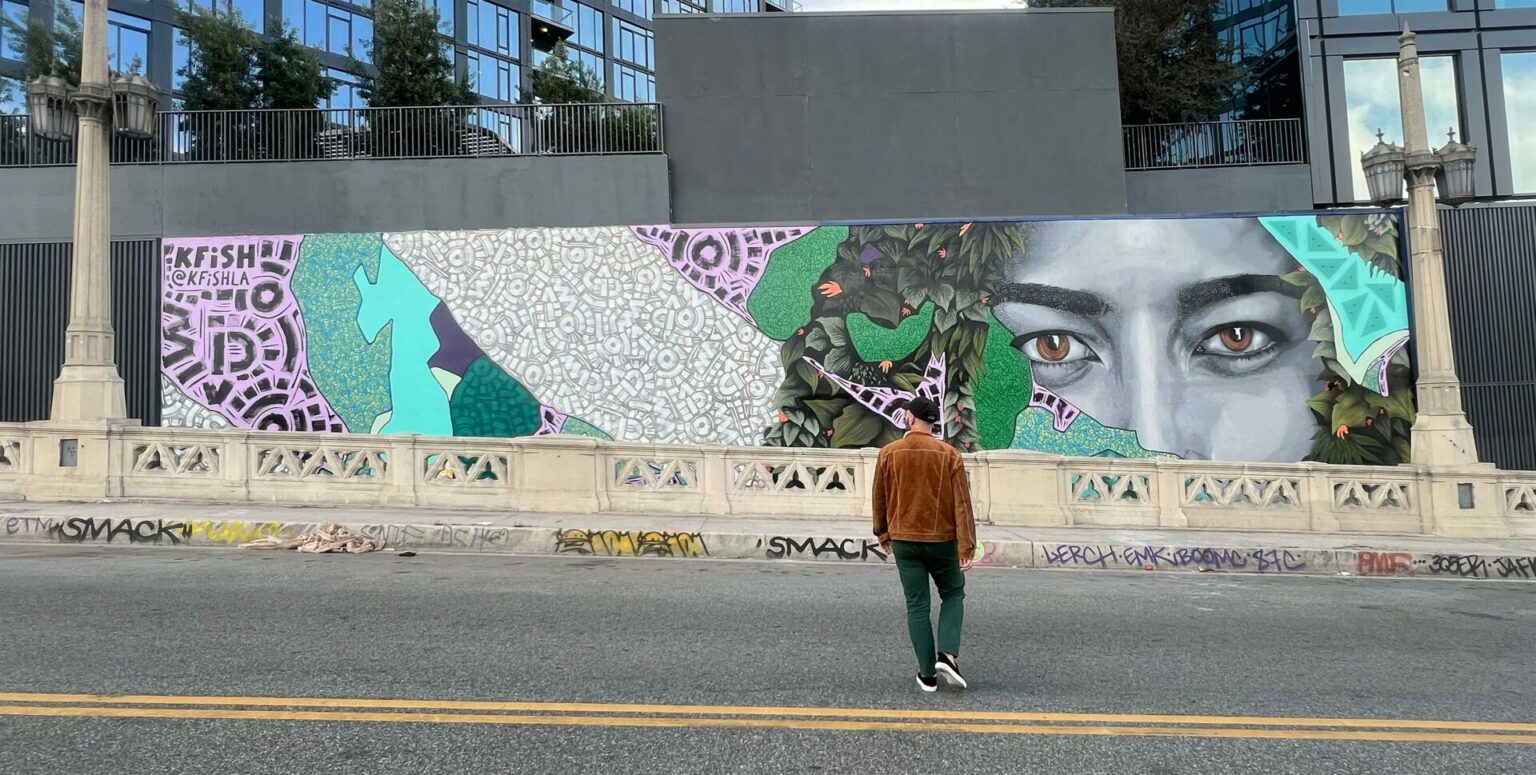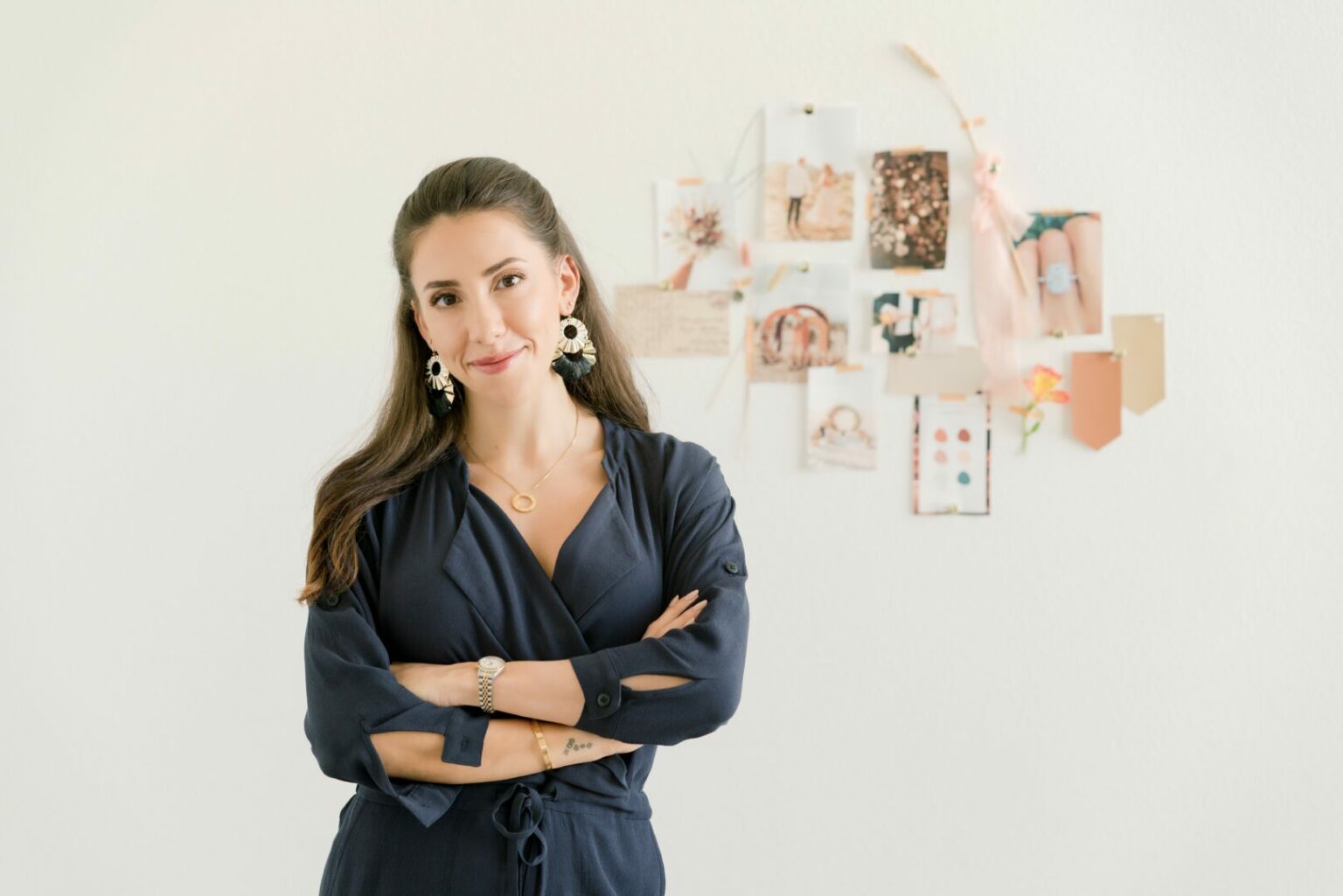We’re excited to introduce you to the always interesting and insightful Kalee Barbis. We hope you’ll enjoy our conversation with Kalee below.
We live in such a diverse world, and in many ways the world is getting better and more understanding but it’s far from perfect. There are so many times where folks find themselves in rooms or situations where they are the only ones that look like them – that might mean being the only woman of color in the room or the only person who grew up in a certain environment etc. Can you talk to us about how you’ve managed to thrive even in situations where you were the only one in the room?
As a Head of School in Nashville, I am often the only female in the room in a meeting of peers. Because of this, I am driven to model an inclusive approach to education, prioritizing being present in the moment and actively listening to my contemporaries. I want to ensure that I balance the input of my fellow heads with my own perspective. As a female head on my own campus, I work hard to be mindful that the content we are sharing with students is equally inclusive and varied.
As early as high school, I remember always viewing myself in a “support” role, never as part of the narrative of leadership; this continued throughout my college and early professional career. As I look back, I am proud of my transition from someone content to let others lead to someone not only willing but driven to be on the leading edge of contemporary education, or as we call it at Templeton, education as it should be. One of the things that I’m most proud of in terms of our community at Templeton is our culture of inclusivity, ensuring that students have space to use their voices and develop the skills they need to become independent thinkers and leaders.
The landscape of education in Nashville is changing, albeit slowly. While at times I may feel pressure to conform to a leadership style that reflects a mostly male narrative, I have found the most value in being true to myself and my own strengths while showing up as an empathetic leader for my community. We work to create an intentional culture that is creative and kind, a place where students truly feel safe, seen, known, and heard. At Templeton, we prioritize creating a culture of diversity and purpose-driven learning. We ask students, “How can you use your gifts in a way that brings you joy and serves others?” Remaining true to who I am, recognizing my strengths, and elevating the strengths of others has not only brought me joy and purpose, but success in my role as I have watched our community flourish on the basis of these values.
Thanks for sharing that. So, before we get any further into our conversation, can you tell our readers a bit about yourself and what you’re working on?
For years, I dreamed about opening a school in my hometown of Nashville. I wanted to create a place that truly celebrated students and reflected the real world. I imagined coffee shop outings and creative projects. I could see circles and presentations, whole school assemblies, and meaningful connections with the larger community. Slowly, I watched that dream come closer to reality as we selected the building space, hired staff members and admitted our first families. That dream evolved and we accomplished that and more! This past spring, we celebrated quite a milestone as Templeton’s founding class graduated.
Our first foundational pillar is Core Advisory, where students engage in social-emotional learning because we recognize education should be for the whole person. Templeton Academy’s second pillar is Project Based Learning, because we understand students learn best by doing. Finally, we use our City as a Classroom as our third pillar, not only to understand but also to participate in the real-life, real-time connections between life and learning. Templeton Academy was founded to revolutionize the way students learn by mentoring the critical thinking and problem-solving skills they need to thrive in college, career, and life. We welcome young people from all backgrounds and seek to nurture them into purpose-driven lifelong learners who use their gifts in a way that brings them joy and serves others.
As for what’s next, we are excited to grow our community when the 2024-2025 school year application opens on October 1st. Big things happen at a small school — come see what we can do!
There is so much advice out there about all the different skills and qualities folks need to develop in order to succeed in today’s highly competitive environment and often it can feel overwhelming. So, if we had to break it down to just the three that matter most, which three skills or qualities would you focus on?
Project Management: A sustainable framework depends on finding a system that works for the whole team, so they feel that they can communicate with a clear and healthy balance between direction and autonomy. Management is when people feel empowered to truly collaborate.
Collaboration: For any great endeavor, collaboration is critical. It can be tempting in times of stress to “pull the reigns tight” and take control. When we do this, however, we miss out on great ideas and connections. True collaboration is radical and innovative, and provides us with an opportunity to see solutions that wouldn’t be possible alone.
Empathy: It can often be so easy to view our work simply as a job description, especially before the pandemic forced us to come together and work together in new ways. The truth is much more exciting. All of us – students, teachers, parents, and leaders – are whole people just as we are. We all deserve to feel seen and heard, and connections through empathy truly bring out the best in each of us.
Thanks so much for sharing all these insights with us today. Before we go, is there a book that’s played in important role in your development?
A book that comes to mind is House of Mirth by Edith Wharton. Wharton, the first woman to win the Pulitzer Prize, tells the story of a woman, who chose to be true to herself rather than conform to societal norms. As a high schooler, college student, teacher, and administrator, it is a book I have returned to time and again as Lily Bart’s story shares many lessons. The book allowed me to develop a critical understanding of social constructs while also exploring the challenges of female agency. It also helped me understand and empathize with others. While Lily Bart is a flawed character, she is also deeply human. The lessons from this book apply to my work: social constructs, personal agency, and true empathy all apply to the living ecosystem of a school. As the landscape of education continues to evolve in Nashville, we must take the same approach as Lily Bart, systematically tackling each hurdle with determination and the support of a caring community.
Contact Info:
- Website: https://www.templetonacademy.
org/nashville-campus/ - Instagram: https://www.instagram.com/
templetonacademynashville/?hl= en - Linkedin: https://www.linkedin.com/
authwall?trk=gf&trkInfo= AQFPwp0lyVT1cwAAAYqVC8xIXBsUL– 9Y1jVT3cGPtVJguphKjWNZHkkQTdxD Fpc4r6LAXoMPyPxGUUWLw3Qd36iySG GE5ORxNROmpq7VjLn84cy9plcgvbZt 2itMVkG05xV1Os=&original_ referer=https://www.google. com/&sessionRedirect=https%3A% 2F%2Fwww.linkedin.com%2Fin% 2Fkalee-willingham-barbis- 3bb05263








